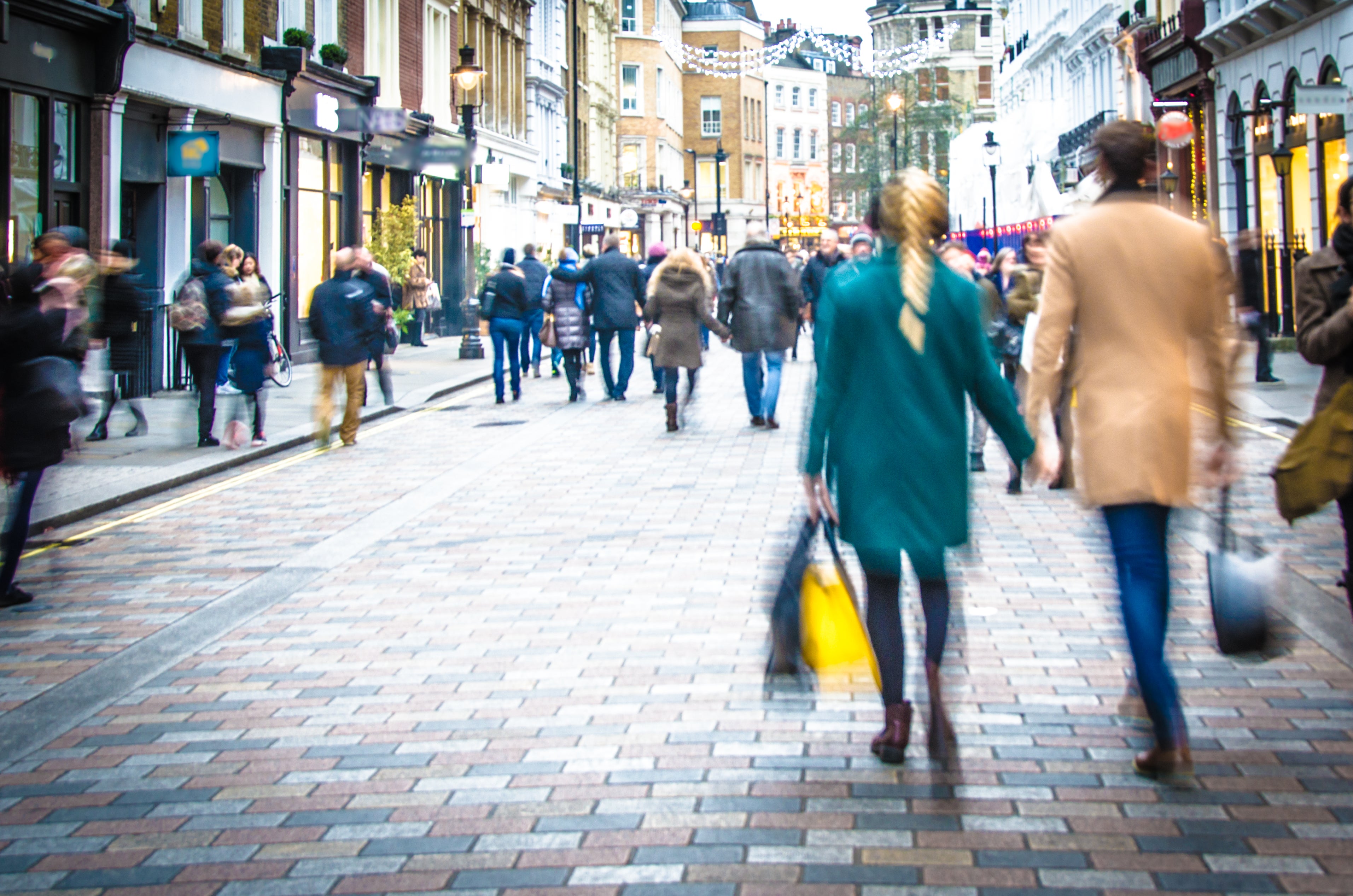UK economy recovers faster than expected after lockdown lifts
Household spending helped boost GDP by 5.5 per cent in the second quarter of the year

The UK economy recovered faster than expected between April and June this year as spending surged after lockdown.
The Office for National Statistics said that gross domestic product (GDP) increased by 5.5 per cent in the second quarter of the year, after being revised up from the initial estimation of 4.8 per cent.
Shops reopening and a return to eating out helped fuel the upward GDP revision, with household spending contributing four percentage points of the 5.5 per cent increase.
The bounce-back recovery has slowed down in recent months, however, with economic growth easing to only 0.1 per cent in July. This was a drop from 1.4 per cent growth in June.
Jonathan Athow, deputy national statistician at the ONS, explained the new figures, saying: “The economy grew more in the second quarter than previously estimated, with the latest data showing health services and the arts performing better than initially thought.
“The revised figures also show households have been saving less in recent years than previously thought.
“Household saving fell particularly strongly in the latest quarter from the record highs seen during the pandemic, as many people were again able to spend on shopping, eating out and driving their cars.”
The upward revision of GDP growth will bring the UK economy’s performance in line with that of other G7 countries, said Samuel Tombs, chief UK economist at Pantheon Macroeconomics.
The gap between current growth levels and the pre-pandemic peak is now the same as in Germany, similar to the 3.2 per cent shortfall in France, and slightly better than the 3.8 per cent shortfall seen in Italy, The Financial Times reported.
The UK’s rebound recovery still lags behind the US economy however.
Household spending jumped 7.9 per cent in the second quarter, while the savings ratio fell to 11.7 per cent from 18.4 per cent in the first three months of 2021.
The current supply chain crisis and lorry driver shortage has provoked The Bank of England to slash its expectations for economic growth in the third quarter of this year from 2.9 per cent to 2.1 per cent.
The new statistics come as nearly 1 million workers are expected to be booted off the furlough scheme on Thursday.
Fidelity International’s investment director, Maike Currie, said that “no one really knows what is next”. She added: “I think what we can be certain of is that we’ll see under-employment, where employees return to work but possibly not on a full-time basis and that they might need to supplement their income.”
Employers should not expect the rush of workers coming off furlough to be able to help the supply chain crisis, one analyst warned.
Susannah Streeter, senior investment and markets analyst at Hargreaves Lansdown, said: “Any hope that the end of the furlough scheme might be the magic wand to solve the supply chain crisis is likely to be wishful thinking.”
CEO of retailers association UK Hospitality, Kate Nicholls, warned that post-pandemic workers will be selective about the jobs they pick.
She said: “Covid is providing the hospitality sector with a reset moment and we are looking at ways of working, hours and conditions. As people come back from furlough they are more selective about what they want to do and more demanding as employees.
“It’s about making sure that we look after our people because they are our most valued and valuable resource and we need to make sure that they can be as comfortable as possible at work.”
Additional reporting from wires
Join our commenting forum
Join thought-provoking conversations, follow other Independent readers and see their replies
Comments
Bookmark popover
Removed from bookmarks